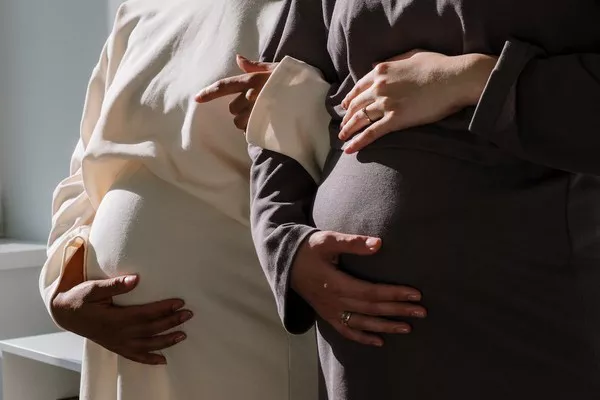Determining the ideal interval between childbirths is a complex decision influenced by various factors, including maternal obstetric history. While the World Health Organization (WHO) recommends a 24-month gap between pregnancies, recent research suggests a need for personalized recommendations. A study conducted in Brazil, utilizing extensive birth cohort data, sheds light on the nuanced relationship between interpregnancy intervals (IPIs) and maternal-fetal outcomes.
The Study:
Researchers analyzed data from over 4.7 million live births in Brazil, examining the association between IPIs and adverse birth outcomes. The cohort comprised women with at least two consecutive live births, allowing for a comprehensive investigation into the impact of obstetric history on subsequent pregnancies.
Key Findings:
Diverse IPIs: The study revealed a wide range of IPIs, with most falling between 23 to 58 months. However, extreme intervals (<6 months and >120 months) accounted for 5.6% and 1.6% of cases, respectively.
Adverse Birth Outcomes: Maternal-fetal outcomes, including small-for-gestational-age (SGA) babies, low birth weight (LBW), and preterm birth, were assessed. While the risk of adverse outcomes generally increased with extreme IPIs, longer intervals (>120 months) were associated with a lower risk of SGA.
Obstetric History Impact: Women with a history of adverse events in previous pregnancies had a heightened risk of subsequent adverse outcomes. The impact of obstetric history on birth outcomes appeared more significant than the duration of the IPI.
Potential Explanations: Researchers hypothesized that longer IPIs among older women may reflect distinct risk profiles, including higher prevalence of health conditions predisposing to large-for-gestational-age (LGA) babies. Additionally, events such as miscarriages or stillbirths between pregnancies could influence IPI calculations and subsequent birth outcomes.
Implications and Future Directions:
The study underscores the need for individualized recommendations considering maternal obstetric history. While the WHO guideline provides a general framework, personalized counseling based on factors such as age, health status, and previous pregnancy outcomes is essential. Further research is warranted to validate findings and explore additional outcomes, including maternal mortality.
Conclusion:
Understanding the interplay between IPIs and maternal-fetal outcomes is crucial for optimizing perinatal care. By integrating data-driven insights with individualized counseling, healthcare providers can empower women to make informed decisions regarding pregnancy spacing, ultimately promoting maternal and infant health.


